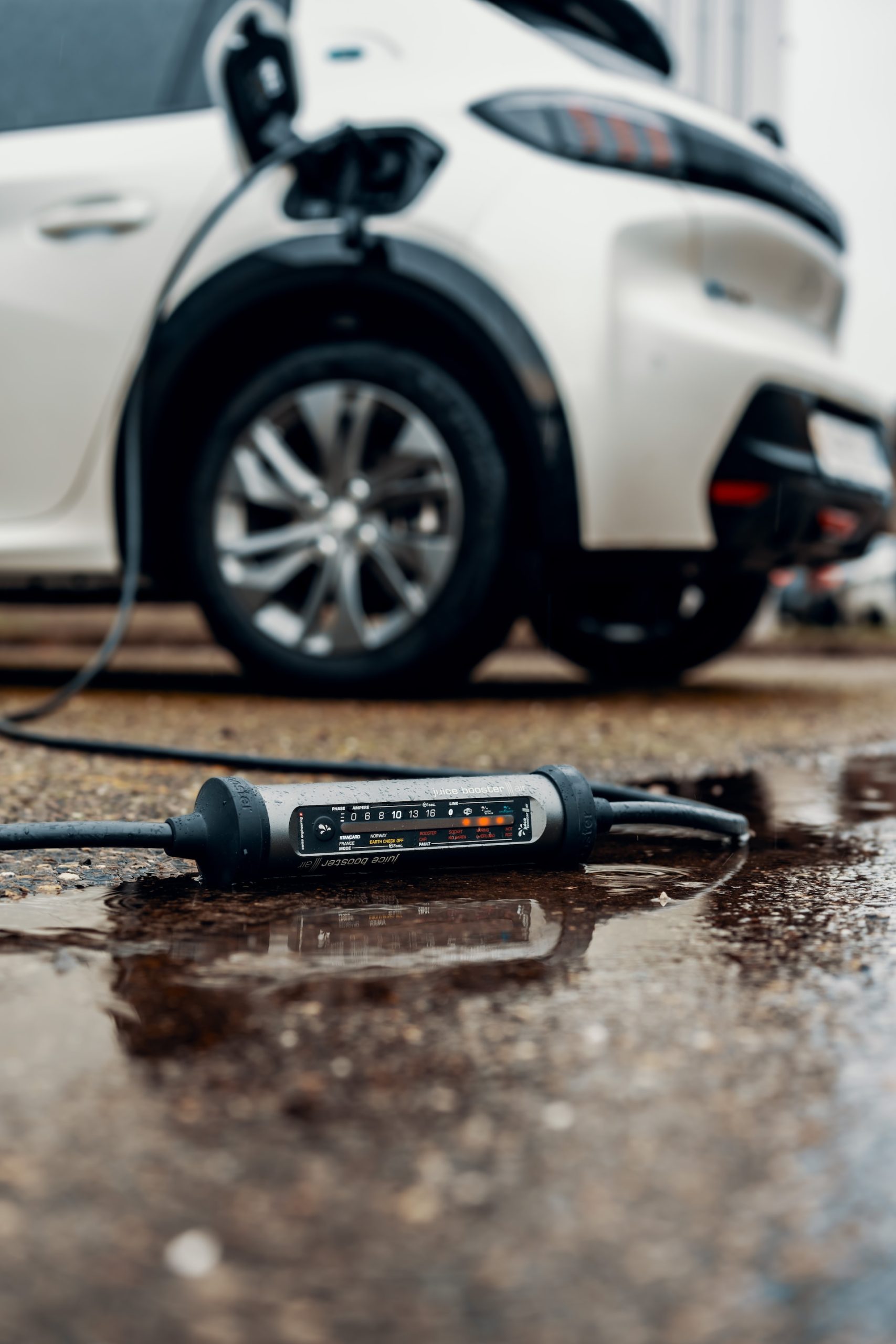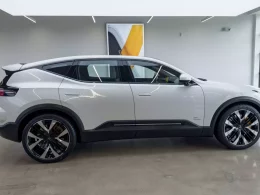Electric vehicles (EVs) have been touted as the future of the automotive industry, with many major automakers investing billions of dollars into developing new models and expanding their EV offerings. However, as more EVs hit the roads, concerns have been raised about their safety and reliability. In particular, EVs have been found to be more prone to recalls than conventional cars, raising questions about the challenges of developing and manufacturing these complex machines.
One major factor contributing to the higher recall rate for EVs is their complexity. Compared to conventional cars, EVs have many more components, including batteries, electric motors, power electronics, and complex software systems. This complexity increases the risk of defects and malfunctions, which can lead to safety issues and recalls.
Another factor is the fast-paced development of the EV industry. Automakers are under pressure to bring new EV models to market quickly in order to keep up with the competition and meet increasingly strict emissions standards. This can lead to rushed design and production processes, which can increase the risk of defects and quality issues.
One example of this is the recent recall of several Hyundai Kona EVs due to a potential battery fire risk. The recall affected over 82,000 vehicles globally and was prompted by a number of fires that occurred while the vehicles were parked and switched off. The issue was traced back to a defect in the battery cells, which was caused by a manufacturing error.
The Hyundai recall is just one of many recent examples of EV recalls. Tesla, one of the largest EV manufacturers, has also had to issue several recalls in recent years, including one for over 135,000 Model S and X vehicles due to touchscreen failures that could lead to safety issues. Meanwhile, Ford recently issued a recall for over 6,000 Mustang Mach-E SUVs due to a risk of glass roof panels detaching while driving.
Despite these concerns, many experts remain optimistic about the future of the EV industry. As more automakers invest in EV development and manufacturing, they are likely to gain more experience and expertise, which could lead to improved safety and reliability. In addition, advancements in battery technology and other EV components could help to reduce the risk of defects and malfunctions in the future.
However, it is clear that the EV industry still has a long way to go in terms of ensuring the safety and reliability of these complex vehicles. Automakers will need to take a careful approach to EV development and production, prioritizing quality and safety over speed and cost-cutting measures. This will be crucial to building consumer trust in EVs and ensuring their long-term success.











